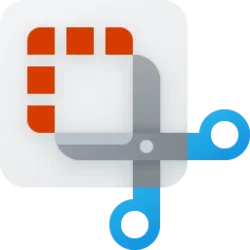Can you write a tutorial on this? Will be useful for those with old machines like myself.
I guess both Diskeeper and Ramdisk are paid software. If so, are there any free reliable alternatives?
For Diskeeper (which is now called
DymaxIO), there are no alternatives AFAIK. On systems that don't have an internal HDD it doesn't pay off, though. But even if you do have an internal HDD this still heavily depends on how you use your HDD and how much your HDD is holding you back. In the vast majority of situations IMO the money would be much,
MUCH better spent on choosing a bigger SSD instead, now more than ever before. But if, for example, you already own a Diskeeper license anyway and you are building a system specifically for the goal of adding as many large capacity HDDs to it as possible so that adding an SSD will stop you from achieving this specific goal in question, if the HDD speed is still an important secondary priority in addition to this, then Diskeeper will more than likely be worth using. Whereas if you don't already have the license, you'd have to outweigh the benefits versus the cost of buying a new license so then there really is no standard answer IMO. In any event, it does a
LOT more to internal HDDs than just automatic defrag. Albeit external USB drives are no longer supported by it since a long time ago, which is a bit unfortunate IMO.
For Primo Ramdisk with Dynamic Memory Management, ImDisk can be used as a free reliable alternative, even though ImDisk has some more limitations. Putting a ramdisk (any ramdisk) to good use is not always an easy task, as you need to figure out what to put on it─and when─versus not. Memory can also be used as a cache, and the SysMain service also uses memory to make frequently started apps start faster, but more importantly a ramdisk can cause memory starvation of your running apps if your ramdisk uses too much memory. With a ramdisk that uses Dynamic Memory Management, reducing the total size of the ramdisk content causes memory to automatically be freed up again. Copying data back and forth between the ramdisk and (a) physical storage device(s) can therefore be viewed as a way to take control over the amount of memory that the ramdisk uses. So, this is a typical example of how a fast NVMe SSD can make a big difference to someone who really depends on stuff like this.





